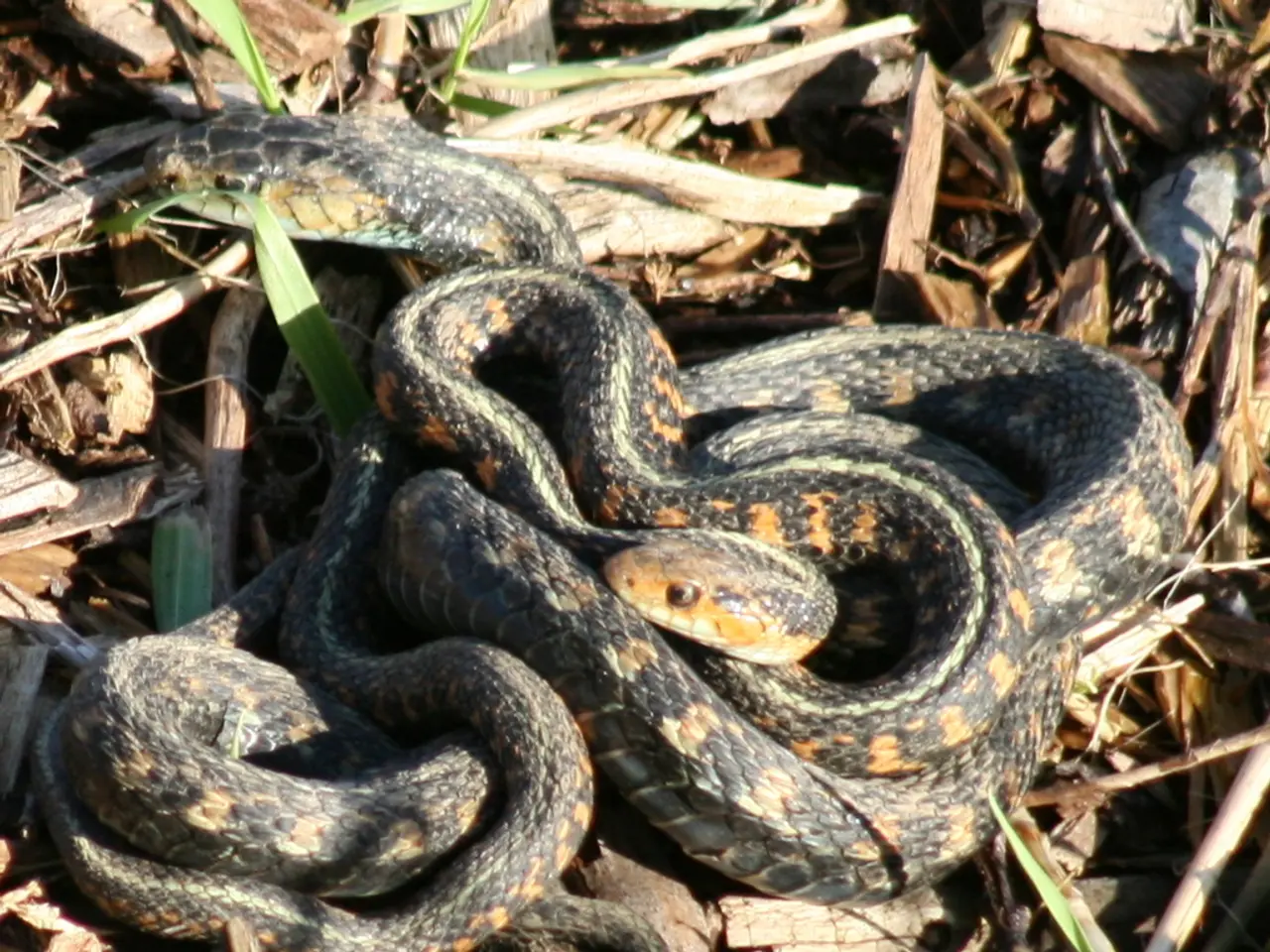Invasive Burmese pythons in the Florida Everglades are met with a new weapon: robot rabbits
In an innovative partnership, the U.S. Army Corps of Engineers teamed up with the University of Florida this summer to combat the burgeoning population of Burmese pythons in the Everglades. The project, which saw the deployment of 120 solar-powered, robotic rabbits, aims to lure these invasive snakes out of their hiding spots.
Each robotic rabbit, financed by the South Florida Water Management District, costs approximately $4,000. These miniature machines mimic real rabbits, emitting heat, a smell, and making natural movements to attract pythons. When a python is nearby, a signal is sent out, allowing contractors to remove the snake humanely.
The Burmese python, which averages between 10 and 16 feet in length when fully grown, has wreaked havoc on the Everglades ecosystem. These snakes, not native to Florida, have decimated small mammals and thousands of birds in Everglades National Park. Often escaping from homes or being released as overgrown pets, they have established themselves as a significant threat to Florida's environment and native wildlife.
To tackle this issue, the South Florida Water Management District and University of Florida researchers turned to the Florida Python Challenge, an annual event held by the wildlife commission. In July 2021, 934 participants from 30 states took part, capturing 294 pythons. The top prize was a $10,000 reward for catching 60 of the reptiles.
Ron Bergeron, a member of the water district governing board, emphasised the importance of removing each invasive python, stating, "Each removal makes a difference for Florida's environment and native wildlife."
The initial results of the robotic rabbit project are a cause for optimism, although it is still too early to determine its overall success. Mike Kirkland, lead invasive animal biologist for the water district, acknowledges that finding pythons is difficult due to their camouflage, but he remains hopeful about the potential of this new approach.
Despite the challenges, officials are confident that both the robotic rabbits and the Florida Python Challenge will contribute significantly to the ongoing efforts to eliminate as many Burmese pythons as possible from the Everglades. However, with no definitive estimates of the number of pythons in Florida, ranging from tens of thousands to over 300,000 snakes, the battle against these invasive species is far from over.
It's worth noting that pythons can be humanely killed year-round on private lands and on lands managed by the wildlife commission across the state. As the war against the Burmese pythons continues, the robotic rabbits and the Florida Python Challenge are proving to be valuable tools in the fight to preserve Florida's delicate ecosystem.








